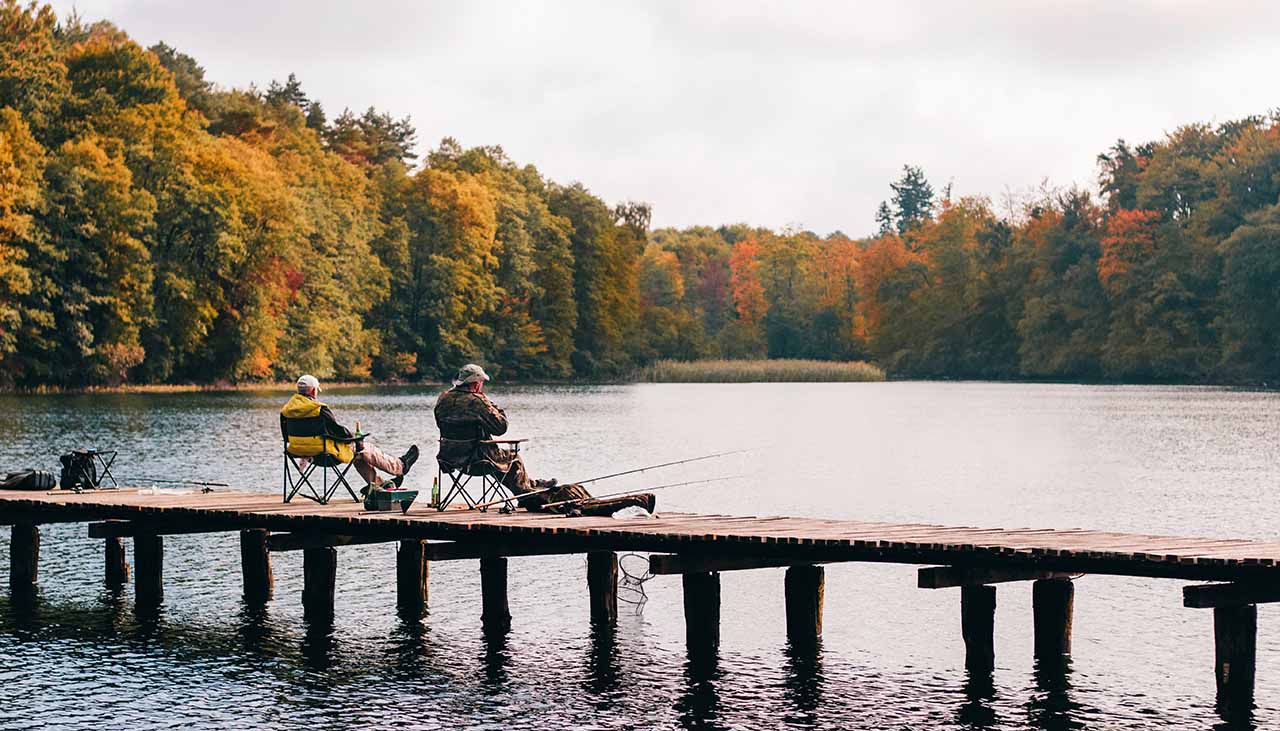As our knowledge about the environment’s delicate balance of habitats and species grows, so does our responsibility to ensure we take steps to protect them. To this end, many are looking for ways to conserve nature and one of those methods is hunting and fishing activities. But what evidence do we have that shows these activities result in conservation success? In this blog post, we will explore the findings from scientific data, interviews with professionals in the field, and anecdotal evidence collected from both pro-hunting/fishing activists and environmental advocates alike to gain a better understanding of how engaging in such practices can help save wildlife species long-term. Read on to find out more!
Overview of the Role Hunting and Fishing Play in Conservation Efforts
Hunting and fishing are ancient practices that have been used for generations as a way to provide sustenance. In modern times, however, these activities have also become closely linked with conservation efforts. This is because hunting and fishing can be regulated in such a way as to promote healthy populations of certain species while helping to reduce overpopulation, which can cause negative consequences on the environment. By controlling the number of animals taken from their habitats, hunters, and anglers help regulate species’ population numbers so they remain within acceptable levels. Furthermore, the money generated by recreational hunting and fishing (via license fees, taxes on equipment sales, etc.) is often funneled back into wildlife conservation projects.
Examining the Evidence for How Hunting and Fishing Benefit Wildlife
Studies have shown that game animal, like deer and elk, often flourish when hunting is used as a means of population control. For example, in the United States, hunting is effective in controlling white-tailed deer populations and helping promote growth in their numbers where there had been overhunting or poaching. Similarly, fishing can help maintain fish stocks by mitigating damage caused by bottom trawling or other destructive activities. In addition to these direct conservation benefits of hunting and fishing, many studies have also found that money generated from these activities is often funneled back into wildlife conservation projects like habitat restoration and educational initiatives.
Understanding the Regulations and Laws That Govern Hunting and Fishing
When it comes to hunting and fishing, it is important to understand the regulations and laws that are in place. In some places, certain species of animals or fish may be off-limits when it comes to harvesting or restricted from a particular area. In other cases, there may be limits on the number of animals or fish that can be taken during a given period. Regulations like these help protect wildlife populations by ensuring that only sustainable practices are used for hunting and fishing activities.
Exploring the Economic Benefits of Hunting and Fishing
Hunting and fishing have been found to have economic benefits as well. As mentioned above, money from license fees and taxes on equipment sales often goes toward conservation projects. Additionally, many communities rely on tourism associated with hunting and fishing as a source of income. In some areas, this can bring in considerable revenue – for example, in the United States, recreational hunting and fishing are estimated to contribute nearly $75 billion annually to the economy.
Investigating How Hunting and Fishing Impact Local Ecosystems
It is important to consider the impacts that hunting and fishing have on local ecosystems when deciding whether or not such activities should be allowed in an area. Generally speaking, there are both positive and negative impacts associated with these activities. On one hand, studies have found that hunting can help control animal populations and keep them within acceptable levels (as mentioned above). However, it is also important to note that overhunting can lead to a decline in certain species, which can have negative impacts on biodiversity and ecosystem health. Similarly, fishing practices can reduce fish numbers if not regulated properly. Therefore, it is important to consider the potential impacts that hunting and fishing activities may have on any given area before allowing them to take place.
Conclusion
In conclusion, there is evidence that hunting and fishing can benefit wildlife populations when done responsibly and within regulations set by conservationists. Through such activities, we can enjoy recreational opportunities while supporting the stewardship of our natural resources. Furthermore, revenue generated from these activities often goes towards important conservation projects that help protect our environment. It is therefore essential to ensure that any hunting or fishing activity is conducted sustainably to help protect our wildlife populations and maintain healthy ecosystems.
Ultimately, hunting and fishing can be a beneficial part of conservation efforts when done properly. They provide an opportunity for recreational enjoyment, economic benefit, and an avenue to promote the stewardship of our natural resources. With careful regulation and enforcement, these activities can help ensure that future generations can continue enjoying the outdoors.
